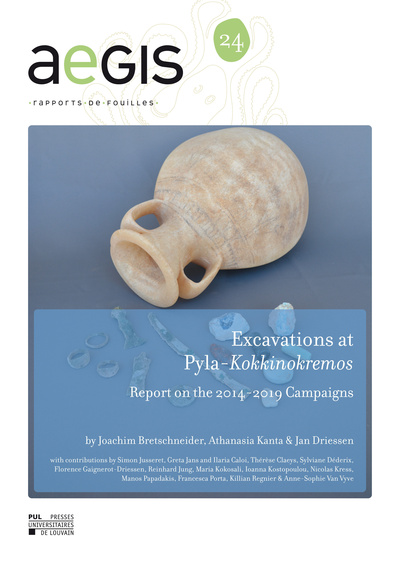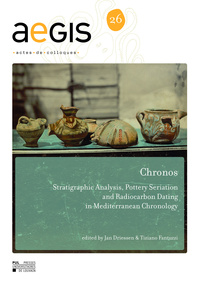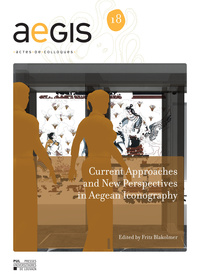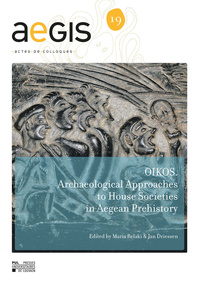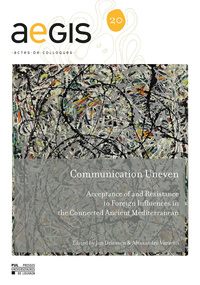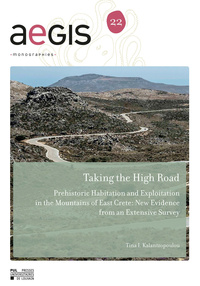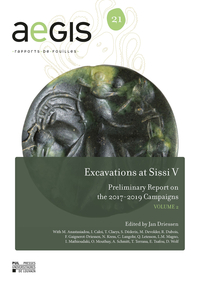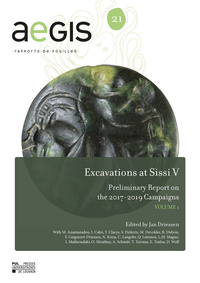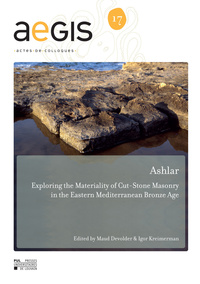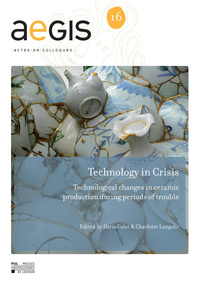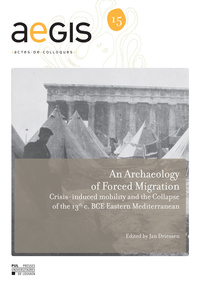Nous utilisons des cookies pour améliorer votre expérience. Pour nous conformer à la nouvelle directive sur la vie privée, nous devons demander votre consentement à l’utilisation de ces cookies. En savoir plus.
Excavations at Pyla-Kokkinokremos
Pu Louvain - EAN : 9782390613442
Édition papier
EAN : 9782390613442
Paru le : 27 juin 2023
61,00 €
57,82 €
Disponible
Pour connaître votre prix et commander, identifiez-vous
Notre engagement qualité
-
 Livraison gratuite
Livraison gratuite
en France sans minimum
de commande -
 Manquants maintenus
Manquants maintenus
en commande
automatiquement -
 Un interlocuteur
Un interlocuteur
unique pour toutes
vos commandes -
 Toutes les licences
Toutes les licences
numériques du marché
au tarif éditeur -
 Assistance téléphonique
Assistance téléphonique
personalisée sur le
numérique -
 Service client
Service client
Du Lundi au vendredi
de 9h à 18h
- EAN13 : 9782390613442
- Collection : AEGIS
- Editeur : Pu Louvain
- Date Parution : 27 juin 2023
- Disponibilite : Disponible
- Barème de remise : NS
- Nombre de pages : 340
- Format : H:210 mm L:297 mm
- Poids : 868gr
- Interdit de retour : Retour interdit
- Résumé : The site of Pyla-Kokkinokremos, located in Larnaka Bay in south-eastern Cyprus, was explored at different earlier occasions but continues to be of archaeological interest, in part because it is one of the few settlements that was occupied for a relatively short period during what are called the 'Crisis Years' of the Eastern Mediterranean (ca. 1200 BCE). The ethnic mix of its material culture is also astonishing with imports from Mycenaean Greece, Minoan Crete, Nuragic Sardinia, Hittite Anatolia, the Levant and Egypt, a variety unparalleled at other contemporary Cypriot settlements. Since 2014, an international team consisting of members of the University of Ghent and Louvain in Belgium and of the Mediterranean Archaeological Society in Heraklion, Crete, has continued its exploration, concentrating on different areas of the 7 ha-large hill. The aim of the new excavations is to obtain a better understanding of the social structure and internal organization of the site, and of its importance for the continuing discussions on migration, interaction, and acculturation, which typifies the late 13th and early 12th c. BCE in the Eastern Mediterranean.The volume is a detailed but preliminary account of the first six excavation campaigns (2014-2019) with a presentation of the archaeological material found in the different sectors of the hill. It also includes the first analyses of the different ceramic categories encountered and a report on the topographical work executed.

